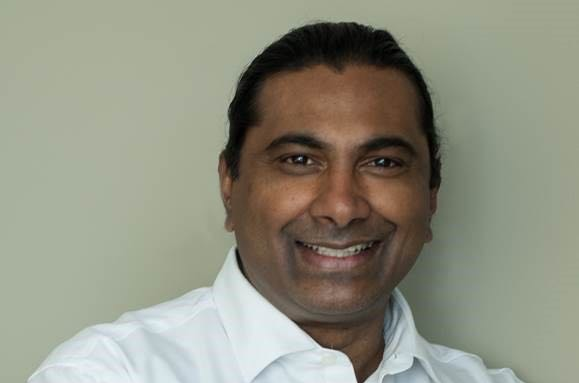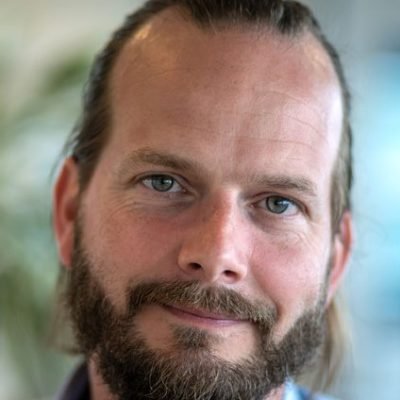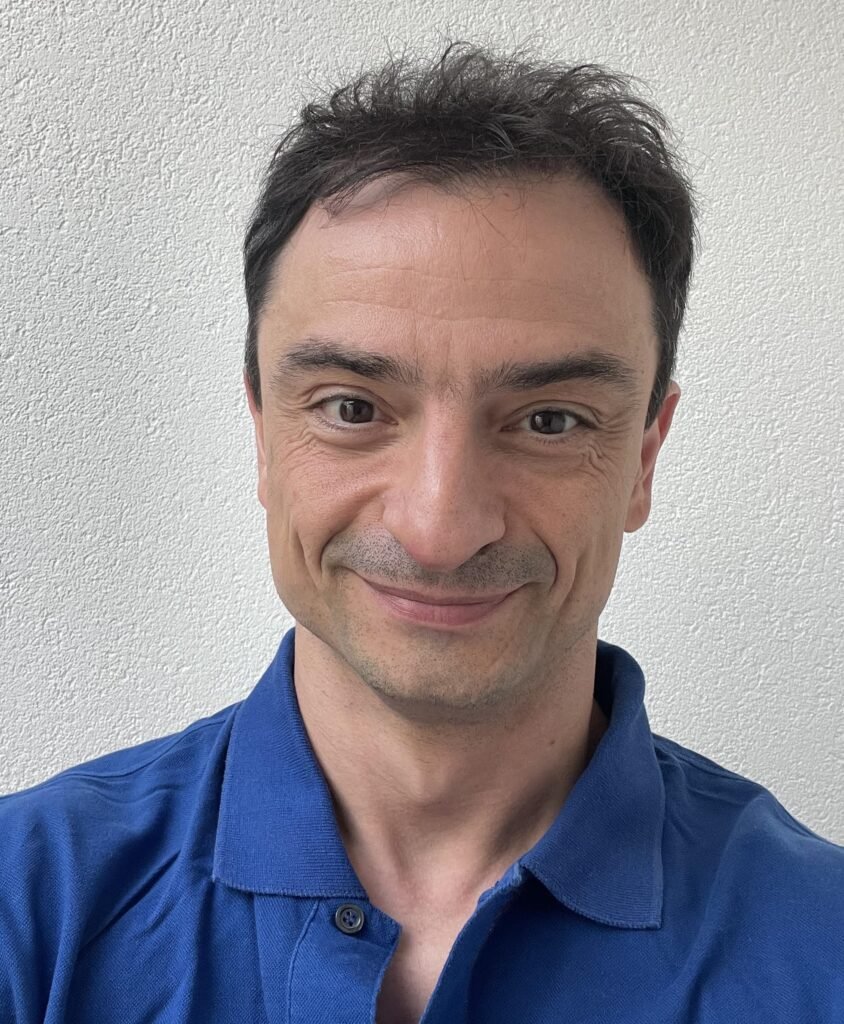Speakers

Prof. Rubin Pillay
Professor Rubin Pillay is an esteemed medical futurist and a visionary leader in healthcare innovation and digital transformation. With an illustrious career that blends clinical expertise with a profound passion for transforming healthcare through technology and entrepreneurship, he holds a distinguished position as an endowed professor and the executive director of The Heersink Institute for biomedical innovation at the University of Alabama at Birmingham where he also serves as an assistant dean and the chief innovation officer of the health system. Dr. Pillay’s groundbreaking work focuses on integrating cutting-edge technologies and innovative strategies to enhance healthcare delivery, improve patient outcomes, and drive the evolution of healthcare systems globally. His thought leadership is widely recognized, making him a sought-after speaker, advisor, and academic, shaping the future of healthcare in the digital age.
Prof. Matthew Might
Dr. Matthew Might has been the Director of the Hugh Kaul Precision Medicine Institute at the University of Alabama at Birmingham (UAB) since 2017. At UAB, Dr. Might is the Hugh Kaul Precision Medicine Institute Endowed Chair, a Professor of Internal Medicine and a Professor of Computer Science. From 2016 to 2018, Dr. Might was a Strategist in the Executive Office of the President in The White House. In 2015, Dr. Might joined the faculty of the Department of Biomedical Informatics at the Harvard Medical School, first as Visiting Professor and since 2017 as Senior Lecturer. At UAB, Dr. Might’s research focuses on precision prevention, diagnosis and therapeutics using genomics, model systems, drug screens and artificial intelligence. A principal theme in his research is the use of computer and data science to enhance clinical and academic medicine.


Prof. Nico van Meeteren
Professor Nico van Meeteren earned his PhD as a Neuroscientist from the Rudolf Magnus Institute for Neurosciences of the Utrecht University in 1994. Then, after 18 years of innovation and scientific validation of prevention, care and cure concepts and educational MSc-models out of the University Medical Centre Utrecht, in 2008 he became Director of Innovation “Healthy for Live” at TNO, with board memberships of amongst others the National Platform Sports and Physical Activity, Body@Work, the Center for Care Technology Research, etcetera. Van Meeteren was also Professor at Maastricht University. At present, from 2015 on, he fulfills his main role as Executive Director and Secretary General of the Top Sector Life Sciences & Health (LSH), known under the name Health~Holland. Furthermore, Van Meeteren is Professor of Perioperative Health at Erasmus Medical Center. From out of both these appointments he holds several governance positions, like in that of the national societal theme “Health and Care” of the Mission driven policy of the Ditch Cabinet, Health Research Infrastructure, Regenerative Medicine Cross Borders, Medical Delta, Fit for surgery, etcetera.
Prof. Andre Dekker
Professor Andre Dekker, PhD (1974) is a medical physicist and professor of Clinical Data Science at Maastricht University Medical Center and Maastro Clinic in The Netherlands. His Clinical Data Science research group (50 staff) focuses on 1) federated FAIR data infrastructures, 2) AI for health outcome prediction models and 3) applying AI to improve health of patients and citizens. Prof. Dekker has authored over 250 publications, mentored more than 50 PhD students and holds multiple awards and patents on the topic of federated data and AI. He has held visiting scientist appointments at universities and companies in the UK, Australia, Italy, USA and Canada.


Benedetto Carollo
Benedetto Carollo is the CTO Software for Esaote focusing on strategic work aimed to ease Esaote’s Digital Transformation working with all the divisions on topics from AI to cloud computing. Benedetto has over 20 years of experience in technology and medical imaging and has worked for companies like Amazon Web Services, Canon Medical Research and Vital Images. Benedetto received his summa cum laude MSc in Software Engineering from the University of Palermo – Italy.
Dr. Remzi Celebi
Dr. Remzi Celebi is an Assistant Professor at the Institute
of Data Science and Department of Advanced Computing Sciences, Maastricht University. Currently, he serves as the technical coordinator for the EU-funded AIDAVA project, a groundbreaking initiative aimed at increasing the automation of data curation through the innovative utilization of Knowledge Graph Technologies with the overarching objective of empowering patients to have greater control over their health data. Dr. Celebi’s expertise spans a wide array of topics,
including ontology-based data integration, data curation, data quality assessment, representation learning, and information extraction from free-text. Motivated by a clear research vision, Dr. Celebi and his lab are dedicated to pursuing three primary objectives: firstly, to enhance our understanding and applications in personalized medicine; secondly, to develop novel Neuro-Symbolic AI approaches for creating robust reasoning systems; and thirdly, to enhance the quality and FAIRness (Findable, Accessible, Interoperable, and Reusable) of health data for greater interoperability within healthcare systems.


Dr. Visara Urovi
Dr Visara Urovi is an Associate Professor at the Institute of Data Science – Maastricht University. Her research focuses on decentralized health-data sharing, responsible data science and artificial intelligence applied to chronic disease management. Visara is currently working on several EU and National projects such as iCARE4CVD – to define a federated data analysis platform for cardiovascular diseases, REALM – to define a monitoring platform in support of health AI software certification process, SPEAK – to define AI models for predicting COPD deteriorations from voice; DACIL – to define a decision support and a digital companion to aid patients (and their caregivers) during lung attacks. Her expertise includes health data standardisation and exchange, health data analysis and blockchain-based data exchange models.
